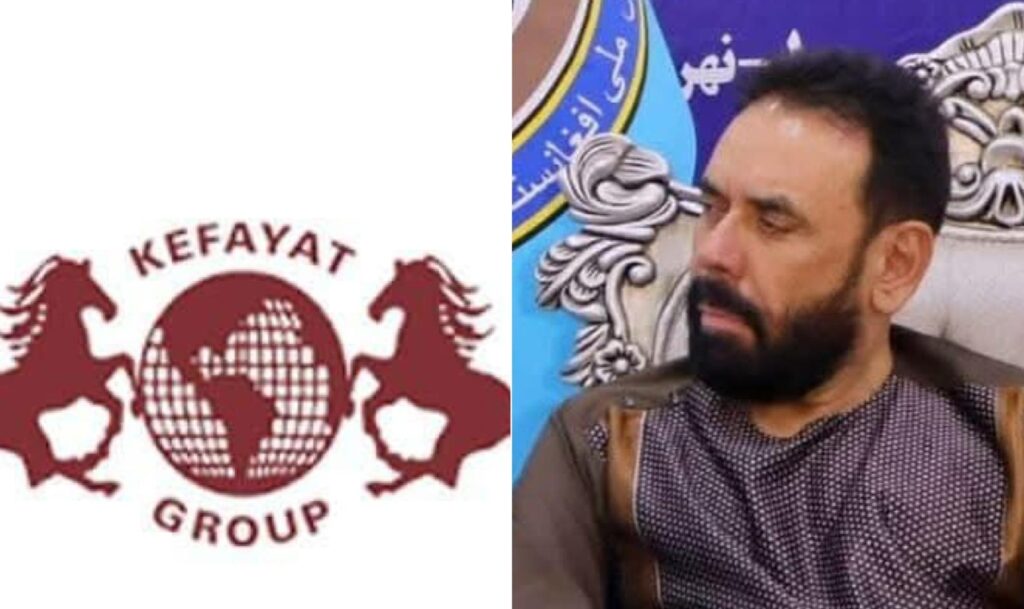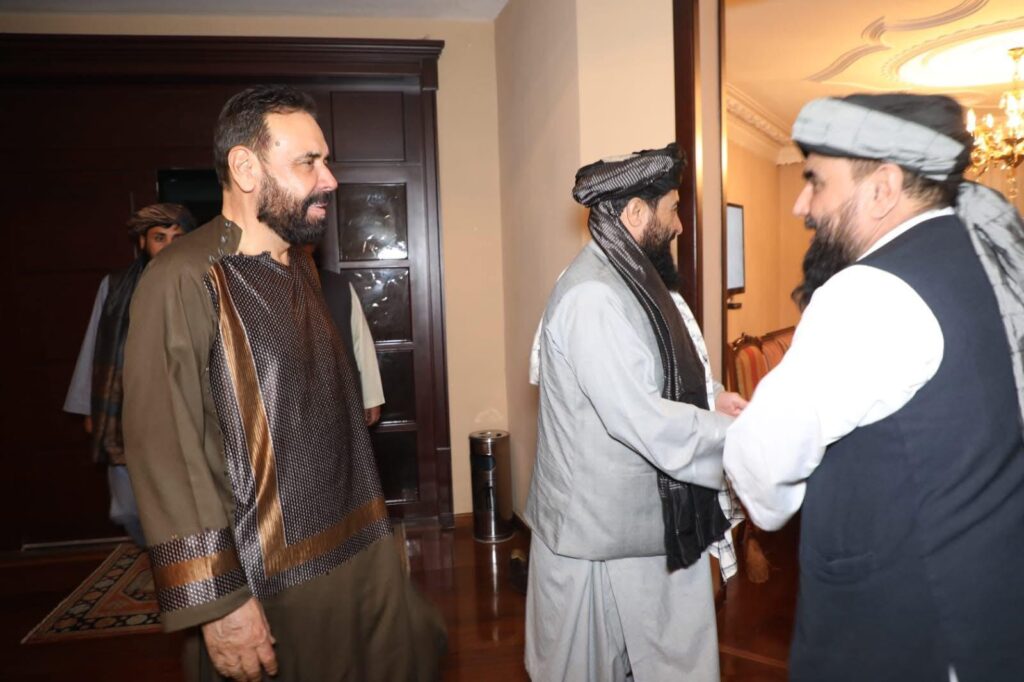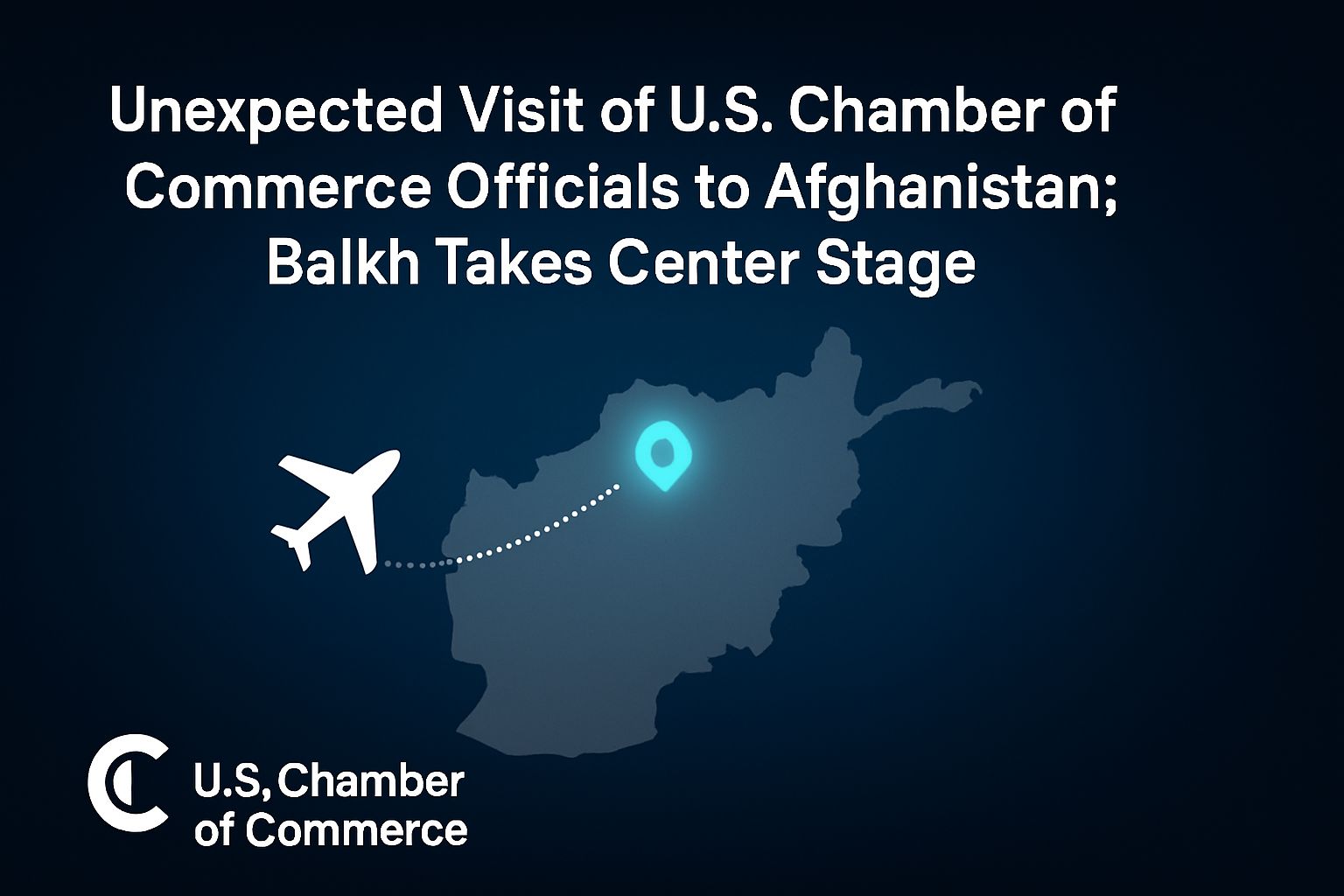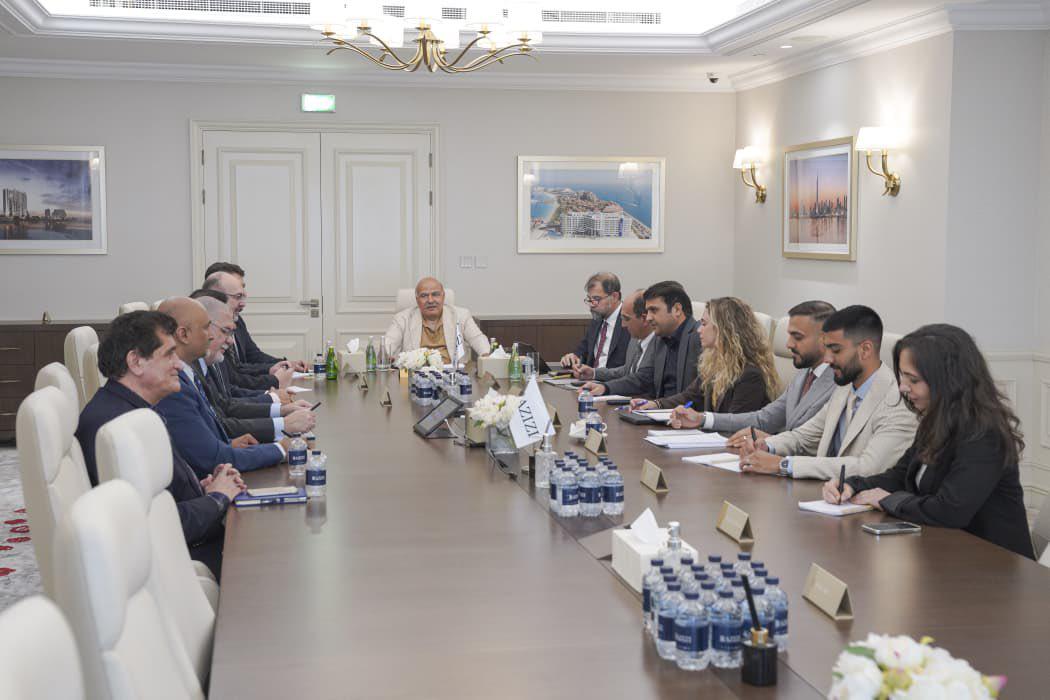
A source close to the Kefayat family told Arg Times that the partnership with Kamal Nabizada is being terminated due to “the risks stemming from his activities” and the consequences of U.S. sanctions. The source added that the previous partnership with Nabizada had already resulted in Zabihullah Wahab, a member of their family, being placed on the U.S. Department of Treasury’s sanctions list (OFAC).
The $60 Million Financial Dispute
The source, who requested anonymity, told Arg Times that Kamal Nabizada had approached the dispute resolution commission of the Afghan embassy in Uzbekistan and the Uzbek government, claiming that Kifayat Group owes him more than $60 million. According to the source, Nabizada asserted that the sum relates to several joint oil shipments from Russia to Central Asia.
The same source, however, stated that this claim is false, and that Nabizada had previously signed a document acknowledging that other individuals—not Kifayat Group—were the main debtors. The source further added that this document will be presented to the media once the relevant reviews are completed.

Role of the Embassy and Political Pressure
According to the source, the Afghan embassy in Tashkent has no legal authority to adjudicate such disputes, yet Nabizada has brought his claims there.
Nabizada recently traveled to Afghanistan, where he met with the Taliban governor of Balkh. The Balkh governor is considered the most powerful Taliban governor and is often described in political circles as the right-hand man of Taliban leader Mullah Hibatullah. Independent sources claim that given Nabizada’s closeness to the Taliban, he seeks to exert pressure through political means.
Partnerships and Cargo Controversies
An independent source told Arg Times that the main oil shipment partnership was between Kamal Nabizada and Zabihullah Wahab—both of whom are on the U.S. sanctions list. According to this source, five oil tankers were moved from Iran into Central Asia, with falsified documents labeling the oil as originating from “Arab” or “Iraqi” sources in order to facilitate sales in Central Asian markets.
Kamal Nabizada, however, previously told Arg Times that the cargoes were not oil but agricultural chemicals shipped from Russia to China. A source close to the Kifayat family rejected this claim, stating the cargoes were in fact moved to Central Asia, specifically Uzbekistan, and had no connection to Iran.
Nabizada also alleged that Kifayat Group owed him money and had promised repayment through a financial transfer, but that “the payment was never made.”
Currently, Nabizada and Kifayat Group still share a partnership in Afghan National Petroleum, which, according to the source, is worth over $10 million. However, plans to end this partnership are also underway. The source added that most previous joint ventures with Nabizada had already been settled and dissolved, and that Afghan National Petroleum will also be terminated soon. The reason given: Nabizada’s business was described as “dangerous and controversial.”
Arg Times could not verify or refute any of the claims made by either party. Multiple attempts to reach Kamal Nabizada for comment remained unanswered.
Reasons for Sanctions

According to U.S. Treasury records, Wahab was sanctioned for facilitating financial networks linked to Iran and organizations affiliated with the IRGC.
He holds Afghan and Turkish citizenship and was born in Aqcha, Afghanistan.
He manages part of the family’s assets in the UAE and Central Asia.
The source close to the Kifayat family claimed that his inclusion on the sanctions list was due to trade ties introduced by Nabizada involving Iran.
The U.S. Treasury sanctioned him for his role in an international oil smuggling and money-laundering network on behalf of Iran.
The network operated between Russia, the UAE, and Iran.
According to the source, the decision to end all partnerships with Nabizada was made due to the risks of his business dealings and their implications under sanctions. The Kifayat family is also pursuing an appeal with OFAC to have the sanctions lifted.
Unanswered Questions
Were the cargoes truly Iranian oil or agricultural chemicals from Russia?
Who forged the falsified shipping documents, and how?
Is the Taliban embassy in Tashkent merely observing or actively mediating?
Why have China and Uzbekistan not issued official statements?
This case combines elements of financial disputes, high-risk partnerships, and international sanctions. The termination of partnerships, the attempt to appeal sanctions, and potential political pressure via the Taliban embassy all make this a complex, multi-layered business and political saga. It sheds light on the shadowy dimensions of informal trade and sanction-evasion networks in the region.
Arg Times will keep this case open and continue seeking further documents and evidence.



